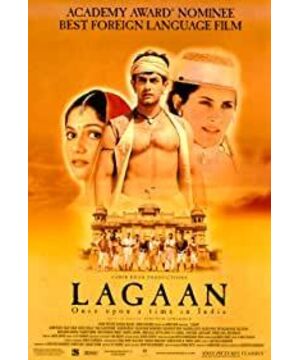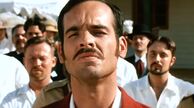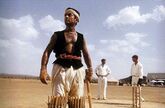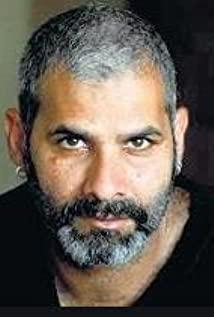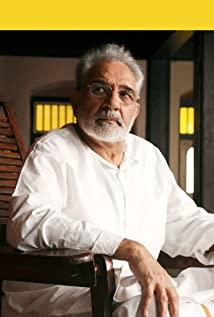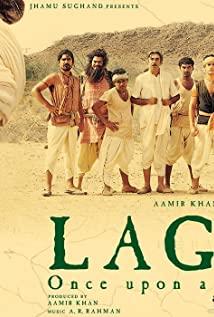Let me talk about music first. This is really a movie that subverts my view of Indian musicals. The narrative of song and dance is extremely strong, and the music is also very beautiful.
Then I have to admit that I was fascinated by the heroine, the eyes are so beautiful! ! ! And the way the Indians shake their heads is really cute. The way they are happy is indeed from the bottom of the heart. I can't tell that they are still under such a great financial pressure and psychological pressure. The moment I saw those happy scenes in the movie, I really felt I feel like I am in India again.
Next, let’s talk about the plot. The hero’s image is as great, bright and just as always, but there is no suspense at this point. There is no suspense about the image of untouchable: eliminate inequality and help everyone at critical moments. Returning to the present reality, I have seen some reports about them before, but the individual currently does not know how to participate in the judgment of untouchable living conditions in an anthropological way.
Although there are such clichés in it, the plot is still very exciting, and the various episodes in it are indispensable. I personally judge this film as a catharsis of Indians’ feelings about cricket. I asked my Indian friends what their attitudes towards cricket are, but I didn’t ask one, two or three. Maybe it’s an inner conflict? I don't know.
I forgot whether I heard a sentence in Sarat or Prasenjit's lectures. It means that because I feel inferior to the other party in my heart, I will try my best to learn the other party's skills, hoping to talk with the other party at the same height. According to this logic, cricket should be regarded as an example. I don't know if it is also true to follow the trend of academics, which is quite contradictory.
Another thing I am more concerned about is how Indians portray the British. On the one hand, it is oppressive, but on the other hand it is fair and trustworthy. This seems to have never appeared in the anti-Japanese films of the Celestial Dynasty, and the films of the Celestial Dynasty are almost always one-sided. But this should also have something to do with history. It seems that because the British were evacuated, the Indians felt that they still had a conscience, while the Japanese were defeated, so the Chinese hated them extremely? Naturally, I also hate the Japanese invasion of China extremely, but since I didn't learn the history well, I still don't talk too much here.
Perhaps the Indians themselves are also contradictory. On the one hand, they feel that they are obviously inferior to each other's ability. On the other hand, they thank the other party for providing an equal and fair dialogue platform.
Going a little further, watching Dipesh’s speech a few days ago, he said that when Europeans ruled the world, they at least spread Western enlightenment ideas and gave the colonized public space to make them useable. These ideas come to fight back against Europe. And what tools can the American superpower, the former Soviet Union, or the future China and India provide the world with to resist itself?
Hey, every time I see India, I can't help but think of the Heavenly Dynasty.
View more about Lagaan: Once Upon a Time in India reviews


